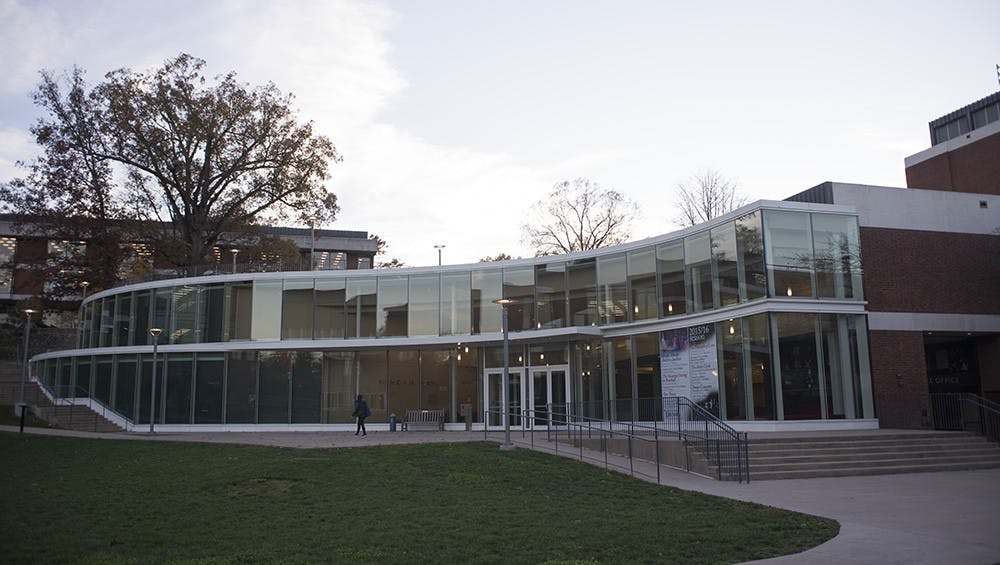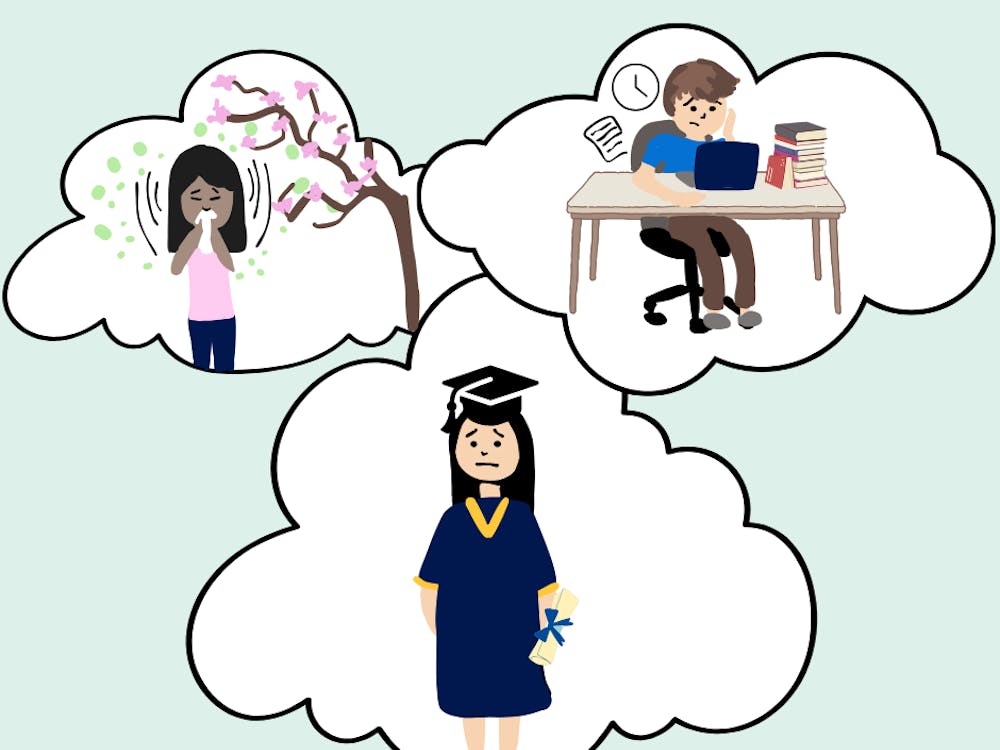1. Books Behind Bars: Life, Literature and Leadership
After reading and analyzing several works of Russian literature in the beginning of the semester, students in this class learn how to teach about the works and lead literary discussions. With these skills, students will engage in community work by visiting residents of Beaumont Juvenile Correctional Center. By leading discussions with the center’s residents, students develop their own personal skills while performing generous community service.
“[The class] gives students the opportunity to act pragmatically in the world, while reflecting deeply on their experience at the same time,” Books Behind Bars Prof. Andrew Kaufman said in an email.
Students enrolled in this class build a greater understanding of the importance of participating in the community through their hands-on experience.
“[Working at the center] encourages [students] to discover practical leadership skills they never knew they had and develop others,” Kaufman said.
2. Circus in America
Circus in America is the only class taught on the history of the American circus in the United States, Drama Prof. Lavahn Hoh said. The class focuses on the developments and changes in the American circus through several centuries of influence.
“The importance of the circus in the 19th and 20th centuries in America cannot be understated,” Hoh said in an email.
Hoh teaches students about the importance of the circus in the past as well as its prevalence in contemporary culture. Especially in the 19th and 20th centuries, the circus provided a form of entertainment with fantastical images and performances people would not see anywhere else.
“The American circus has a unique and often overlooked importance in American history,” Hoh said. “The history of the circus is, in many ways, a microcosm of the history of America.”
3. Learn to Groove
This hands-on music class gives students the opportunity to play the hand drum, keep time with music and learn the places and people associated with contemporary music genres.
“This is the only class at U.Va. that offers a hands-on drumming experience in Afro-Cuban, Afro-Brazilian, Afro-Caribbean, U.S. Jazz and Rhythm and Blues genres in a drum circle environment,” Music Prof. Robert Jospe said in an email.
In addition to learning how to play and understand musical rhythms, Learn to Groove teaches students about mindfulness and each class begins with five minutes of mindful, self-awareness practice, Jospe said.
The class requires students to both play and write music. Students learn tempo and rhythmic skills through exposure to popular artists, such as Michael Jackson and James Brown, in addition to less well-known genres, such as Cuban folk music and Brazilian music.
“The history, geography and artists associated with the rhythms presented in the course will be discussed,” Jospe said. “The course is designed to help students achieve fluency with syncopated patterns that are associated with dance rhythms from West Africa, the Caribbean, Brazil and the United States.”
4. Environmental Science Undergraduate Seminar
This seminar occurs one day a week for one hour, and all types of students may enroll in the course. It is a one-credit, pass or fail class aiming to expose students to relevant and contemporary topics in environmental science. The class has no tests, and students will gain exposure to popular topics related to the natural environment.
According to the class description, the seminar deals with “environmental processes, research, issues, careers and graduate study,” while making these topics relevant to undergraduate students and the wider University community.
“Each week we bring in experts on some aspect involving the environment,” Environmental Sciences Prof. Macko said in an email. “They talk, discuss for about 40 minutes and then that is followed by class interaction [and] questions.”
Additionally, one of the spring seminars involves special job-related topics and exposes students to career options in environmental science, Macko said.







